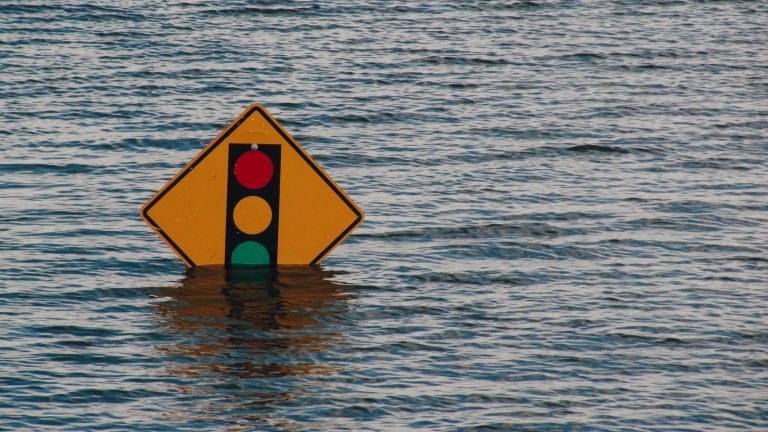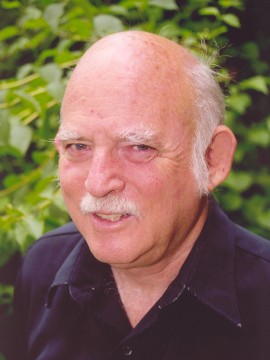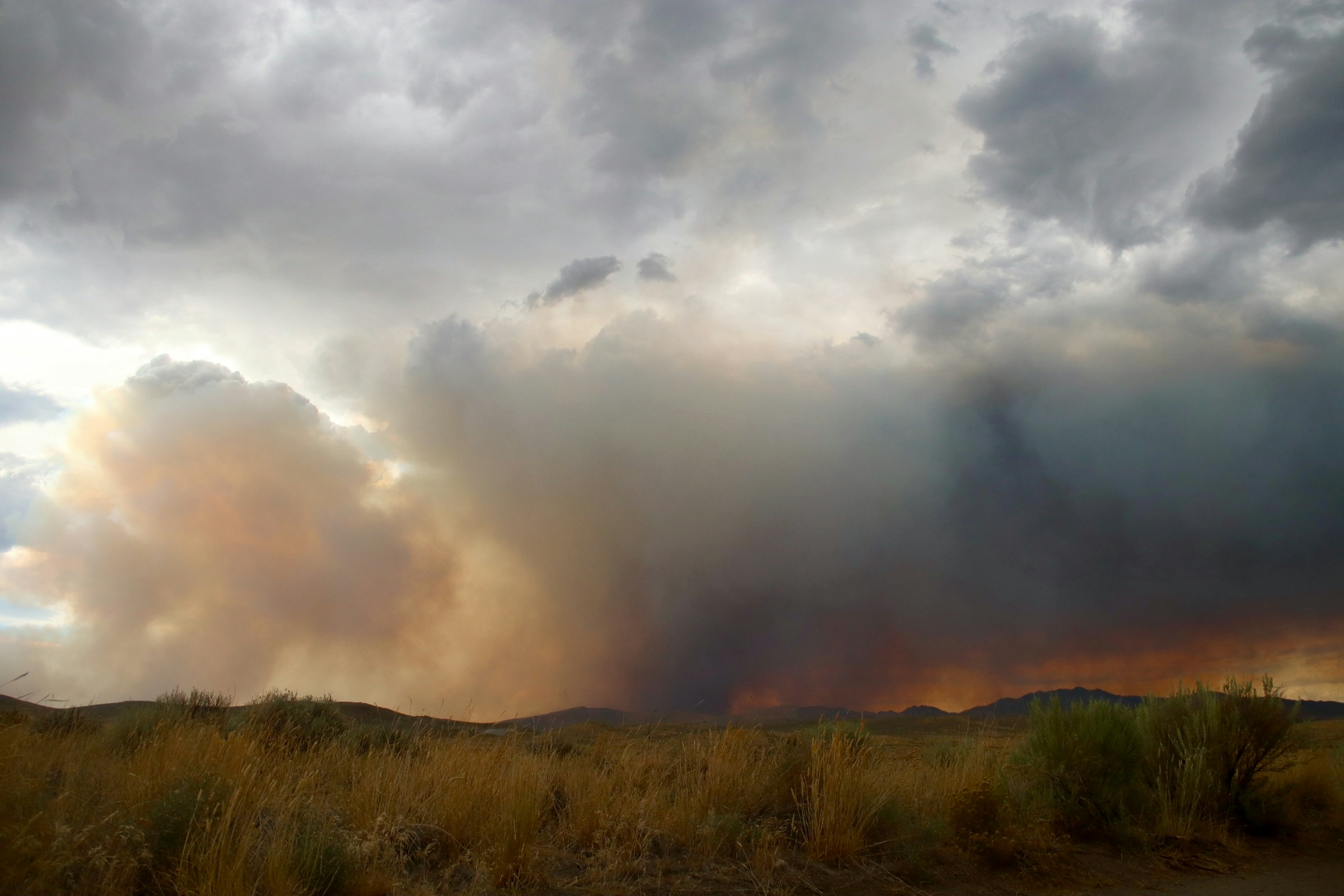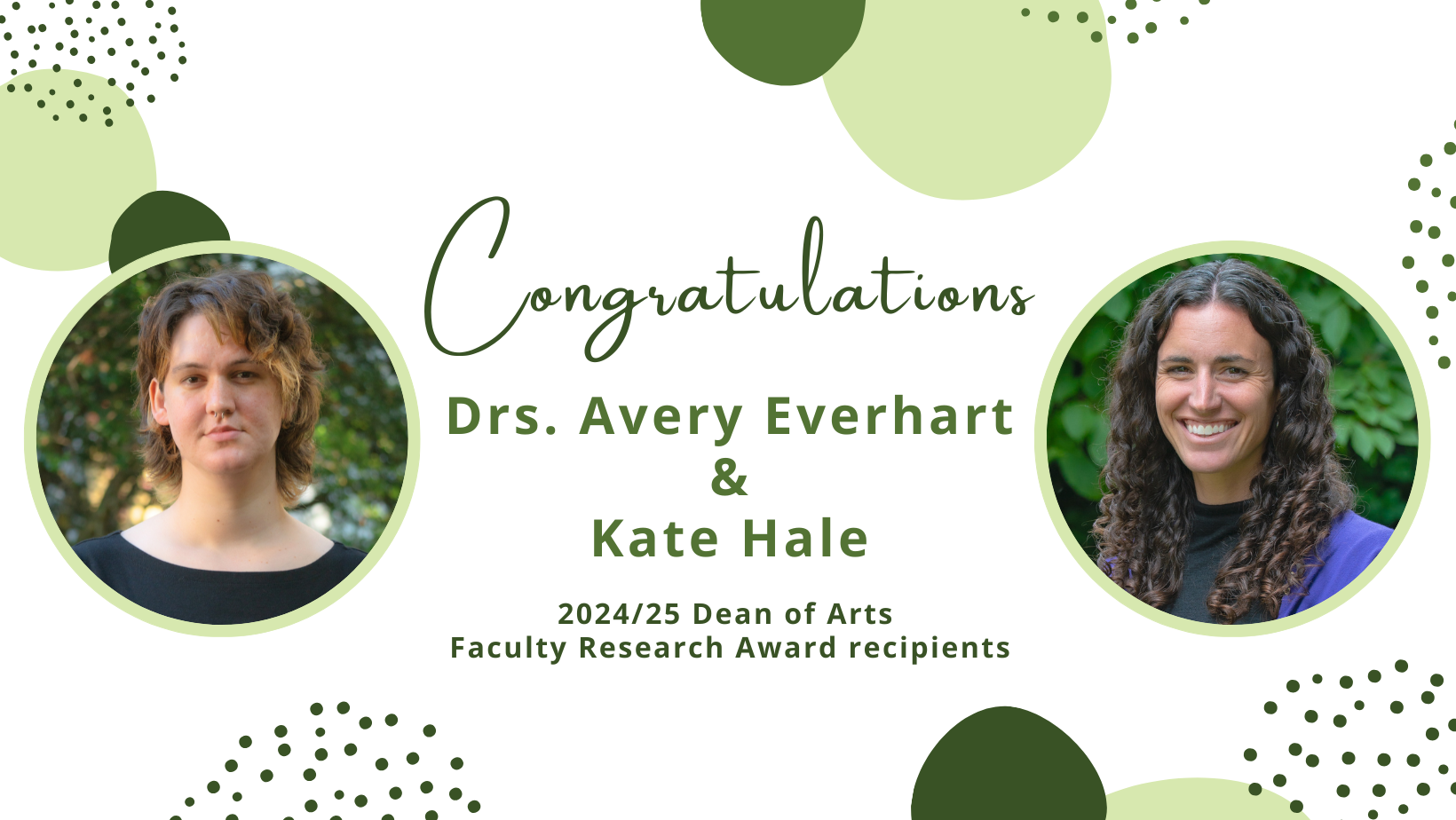Prof. Simon Donner spoke to CBC’s The Sunday Magazine about some of the major issues likely to be addressed at the United Nations Conference of the Parties (COP27), which is taking place in Egypt over the next 2 weeks.
The climate conference is seen as a key opportunity for governments to address issues on a global scale, and make significant commitments to confront the climate crisis.
“Water is going to be on everyone’s minds,” says Donner. “It might not be on the actual agenda, but it’s going to be one of the big things that’s motivating the thinking of all the delegates […] The systems we live in are no longer set up for the weather we’re that we’re experiencing [and] no matter where you are on the planet, climate change is affecting the conditions you’re experiencing on a daily basis.”
Another key issue on the table is the fulfillment of commitments already made by wealthy nations to support countries (many in the Global South) who have contributed very little to the causes of climate change, but are being heavily impacted by its effects.
“In the Paris Climate Agreement, the developed world promised to provide a minimum of $100 billion USD per year to help the developing world respond to climate change. The best estimate that’s out there right now is about $80 billion per year is being provided. But guess what? 70% of that is loans.”
This, Donner says, is not what countries in the Global South had in mind. It’s time for the biggest polluters, including countries like Canada and the US, to step up and account for their massive contributions to global emissions.
“The truth is, we need to find some way past this because we need to help pay for loss and damage. So we need to change the discussion from liability to solidarity. It’s not that we’re necessarily liable for what happened. We just want to help you out of solidarity.”
Ultimately, these conferences aren’t designed to solve all of the problems we’re facing, he says. “What they’re really doing is just setting a framework. And then everyone goes home and tries to work from that framework.”
You can listen to the interview in full, below:



